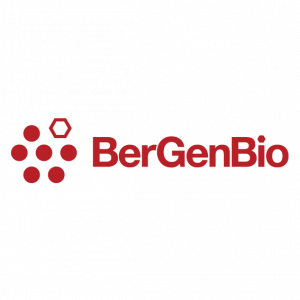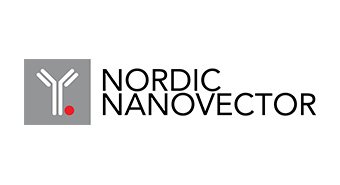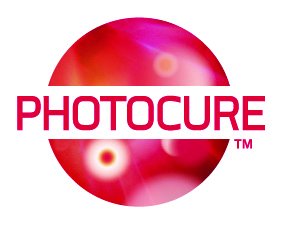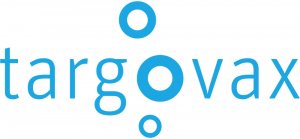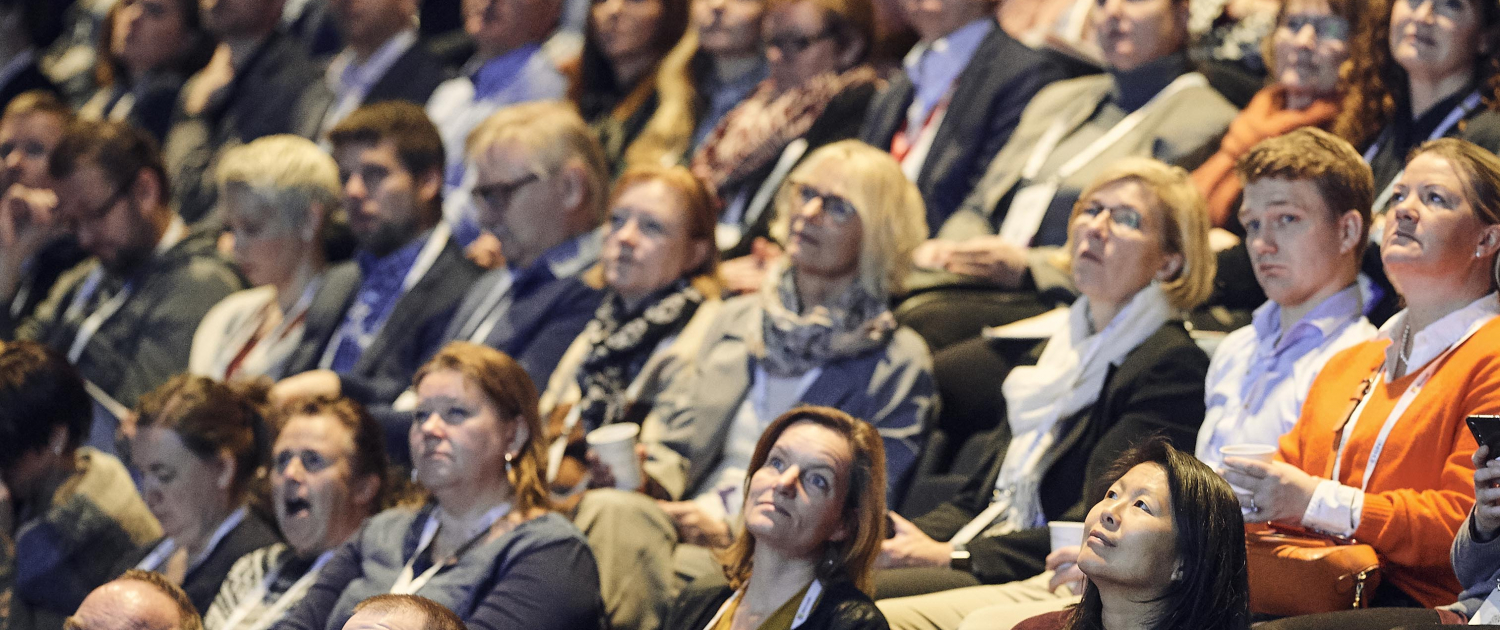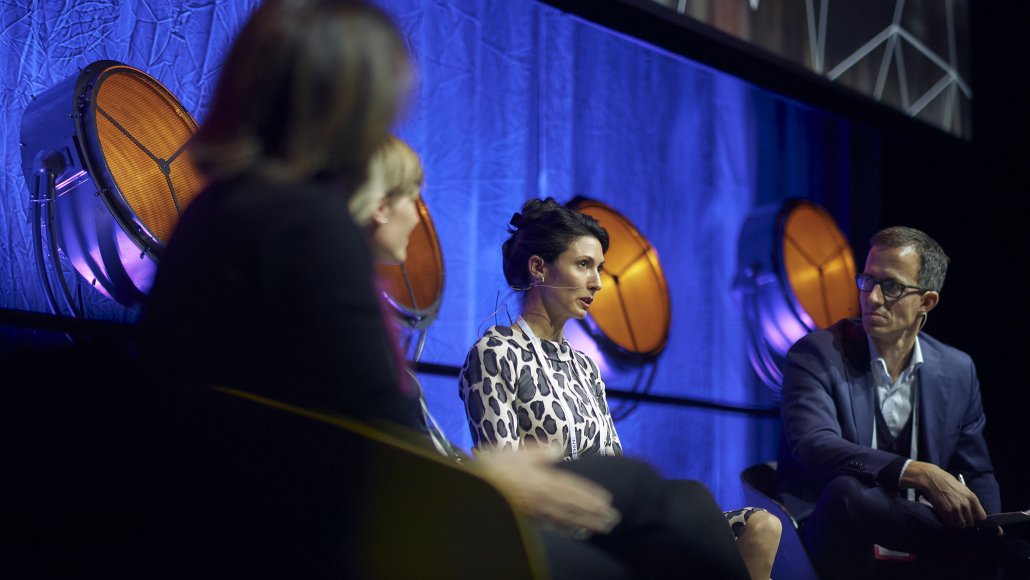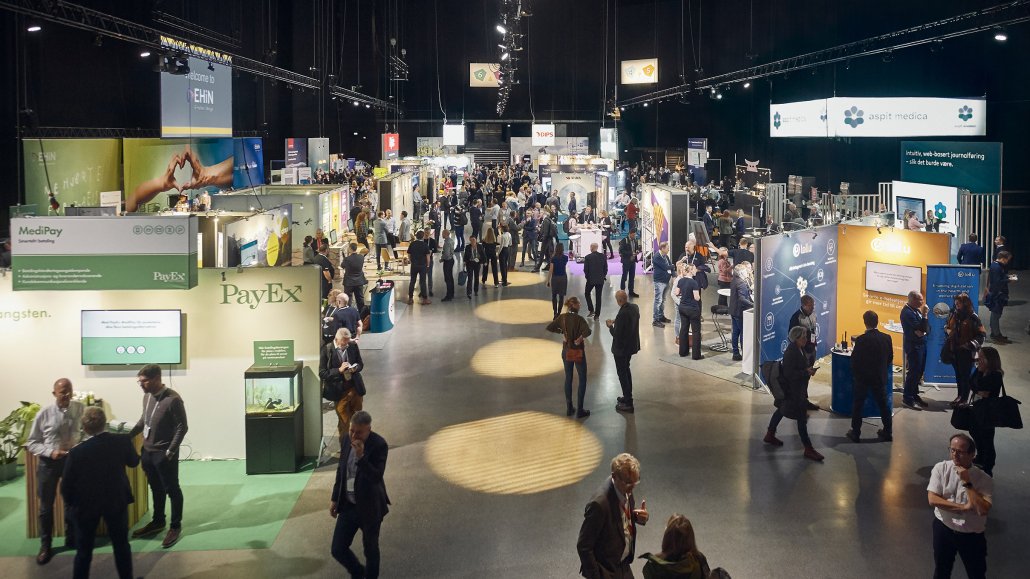Tre viktige temaer i helsenæring
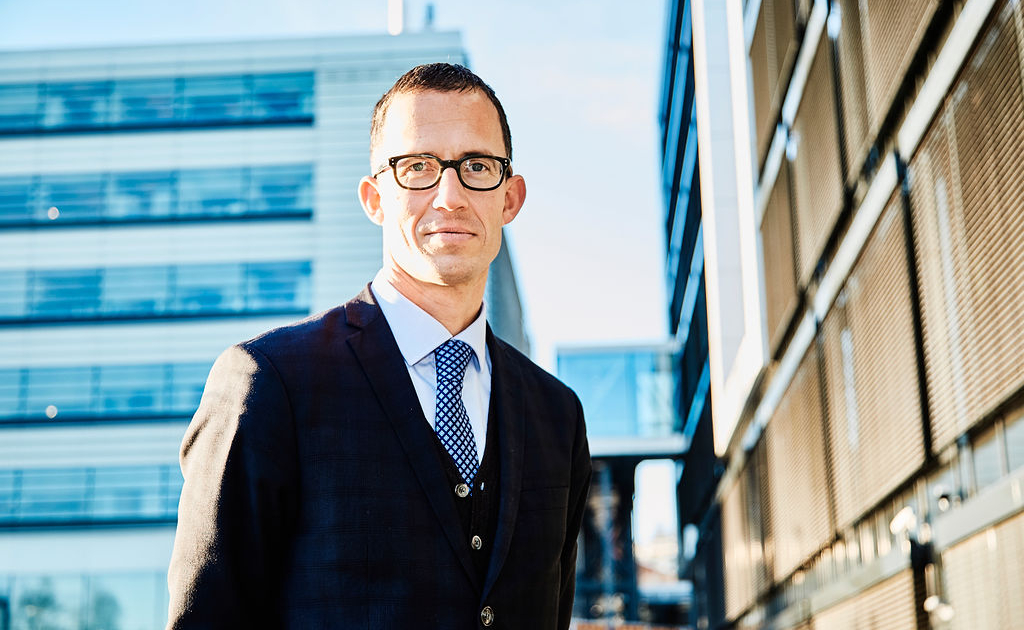
Næringskomiteens innstilling om helsenæringsmeldingen er klar. Dette mener Oslo Cancer Cluster om tre viktige temaer i innstillingen.
Næringskomiteens innstilling om helsenæringsmeldingen trekker frem mange viktige aspekter ved norsk helsenæring. Helse- og omsorgskomiteen kommenterer også meldingen i samme innstilling.
Oslo Cancer Cluster ønsker å kommentere spesielt tre temaer som disse to komiteene tar opp i innstillingen til Stortinget.
– Nå er det viktig at alle som ønsker en sterk norsk helsenæring følger opp hva meldingen betyr i praksis, sier Ketil Widerberg, daglig leder i Oslo Cancer Cluster.
Kliniske studier
Komiteen går inn for en bedre tilrettelegging for kliniske studier og bruk av helseregistre, slik Helsenæringsmeldingen foreslår. En samlet næringskomité mener videre at forventningene til innovasjon og samarbeid med forskning og næringsliv i oppdragsdokumenter til helseforetakene må følges opp med insentiver og finansieringssystemer.
– Vi applauderer at komiteen krever finansieringssystemer for dette. Vi ønsker å understreke hvor viktig det vil være å innføre en takst for kliniske studier som gjør at leger og andre helsearbeidere får tid og insentiver til å utvikle bedre behandling for pasienter – i samarbeid med industrien, sier Ketil Widerberg.
Oslo Cancer Cluster foreslo i sitt høringsinnspill til helsenæringsmeldingen å etablere et nasjonalt senter for kliniske studier, og at senteret knyttes til en felles database for helsedata hvor både myndigheter, forskning og industri kan få tilgang til løpende pasientdata fra behandling av den enkelte pasient.
Oslo Cancer Cluster foreslo også å etablere et nordisk senter for celleterapi. Det er vel innen rekkevidde, tatt i betraktning at Norge er ledende på immunterapi og spesielt celleterapi spesielt innen kreft – og at kreft er spydspissen i kliniske studier internasjonalt.
Begge disse forslagene fra Oslo Cancer Cluster har komiteen trukket frem i sin innstilling.
Norge har blitt det minst attraktive landet i Norden for kliniske studier. Oslo Cancer Cluster understreker at Norge må tørre å være først ute på to vesentlige områder for å snu denne utviklingen:
Norge må nå ta lederrollen i utviklingen av klinisk dokumentasjon og være et foregangsland i godkjenning av ny presisjonsmedisin.
Den muntlige høringen i Næringskomiteen kan sees i sin helhet på Stortingets nettsider.
Offentlig-privat samarbeid
– Oslo Cancer Cluster har alltid prioritert arbeidet for en sterkere kultur for samarbeid og dialog mellom helsetjenesten, akademia og næringsliv. Det er et kontinuerlig arbeid og vi ser med glede at komiteen stiller seg bak dette, sier Widerberg.
Komiteen peker på at Norge i løpet av de siste årene har bygd opp verdensledende helseklynger som nettopp Oslo Cancer Cluster og Norway Health Tech. Disse klyngene har utviklet økosystemer som bidrar til å etablere nye bedrifter og øke konkurransekraften.
Komiteen ber regjeringen “vurdere tiltak som kan sikre videreføring av klyngene som en møteplass mellom det offentlige og private og som bidragsytere til internasjonal vekst.”
For Oslo Cancer Cluster er det motiverende å se at dette blir poengtert.
Helsedata
– Helsedata er et tema som Oslo Cancer Cluster har engasjert seg i siden oppstarten for over ti år siden, men som vi ser nå blir stadig mer aktuelt grunnet sammensmeltingen av biologi og teknologi, sier Widerberg.
Komiteen peker på mange muligheter med helsedata, som er en viktig del av norsk helsenæring – ikke minst for å gi pasienter best behandling.
– Vi ser imidlertid behovet for en konkretisering av hvordan vi legger opp til bruk av helsedata i utvikling av legemidler. Vi trenger også en mer konkret plan for hvordan vi kan bruke helsedata for å forstå genetisk data for å bedre helsen vår, sier Widerberg.
Næringskomiteens innstilling om helsenæringsmeldingen ble behandlet i Stortinget 26. november 2019. Møtet ble filmet og ligger i Stortingets videoarkiv.
Les mer
- Her kan du lese Innst. 48 S (2018–2019), Innstilling fra næringskomiteen om Helsenæringen – Sammen om verdiskaping og bedre tjenester
- Her kan du lese Meld. St. 18 (2018-2019) – Helsenæringen, Stortingsmeldingen om helsenæringen
- Her finner du mer om vårt arbeid med norsk helsenæring
- Her finner du mer om vårt arbeid med kliniske studier



